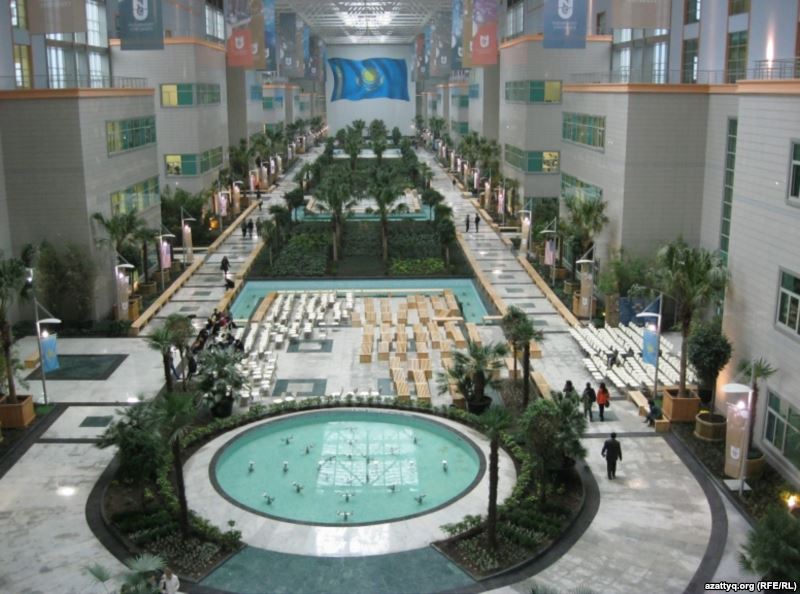 It is no secret that Central Asia’s autocratic regimes have a disdain for independent thought and criticism. While journalists have regularly been threatened, a less visible trend is the crackdown on academia, including foreign researchers and academics. With a wave of new initiatives to block and restrict academic discourse, Central Asia is displaying an alarming new trend of intensified, authoritarian consolidation.
It is no secret that Central Asia’s autocratic regimes have a disdain for independent thought and criticism. While journalists have regularly been threatened, a less visible trend is the crackdown on academia, including foreign researchers and academics. With a wave of new initiatives to block and restrict academic discourse, Central Asia is displaying an alarming new trend of intensified, authoritarian consolidation.
This week, the Uzbek Education Ministry declared that political science is an “irrelevant Western import” and should not be taught inside the country. Radio Free Europe/Radio Liberty quoted a ministry official who claimed that political science “doesn’t follow a scientific method” and is dominated by the West, making it inapplicable to the historic development of Uzbekistan’s political culture.
Putting words into action, the government has removed political science literature from university libraries across Uzbekistan. In response, prominent Uzbek political scientists have sent an open letter to the Education Ministry protesting the decision. In their letter, the signatories note that, instead of being oriented toward the West, Uzbekistan’s political science faculties predominantly feature works by renowned regional philosophers, such as Al-Farabi.
Kazakhstan has also been criticized this week for meddling in the political science department at one of its own universities. Eurasianet’s Peter Leonard reported that the Dutch Professor Marcel de Haas “is being squeezed out of the state-funded (Nazarbayev) university over the management’s displeasure at a planned lecture on Ukraine that it deemed ‘politically sensitive.'”
Nazarbayev University opened in 2010 and has been an important component of Kazakhstan’s education strategy. The university has various international partnerships with Western institutions and has long claimed to be politically objective and completely autonomous from the state – although Kazakh President Nursultan Nazarbayev serves on the Supreme Board of Trustees, which manages the university.
There is also growing hostility toward academics focused on Central Asia who operate outside the region. Speaking at his regular end-of-the-week cabinet meeting on August 14, Turkmenistan’s President Gurbanguly Berdymukhammedov revealed plans requiring foreign academics to submit works on Turkmenistan for government review. According to the president, these foreign experts are biased and their “personal views” are distorting scholarship on Turkmenistan’s society and history. Deriding their work as “opinion,” he elaborated that the perspectives of these academics often do not correspond to the “broadly accepted views and doctrines” of the country according to Eurasianet.
The immediate outcome of these policies will be to restrict foreign academics from conducting research in Turkmenistan. Studies on archaeology and the region’s ancient history are all under threat, as a result of the regime’s ideological and idiosyncratic interpretation of historical events.
Finally, in Tajikistan, on June 16 2014, Alexander Sodiqov, a PhD student from the University of Toronto in Canada who had been researching conflict management in Central Asia, was arrested by authorities. At the time of his arrest, Sodiqov was working with the University of Exeter on a research project that involved fact-finding and interviews in the country. Authorities arrested Sodiqov for allegedly “spying” and being part of a Western plot to destabilize the country. Sodiqov was released five weeks later, after mounting international pressure at the ludicrous charges.
Muftah.org, September 6th, 2015




